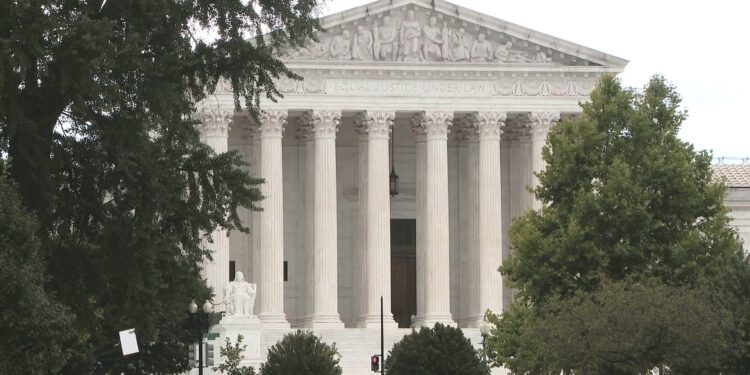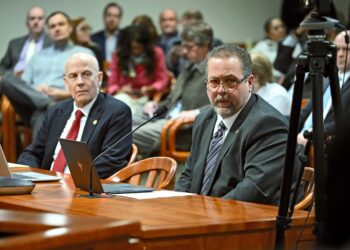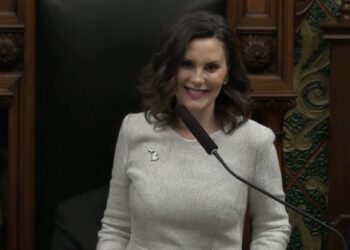LANSING, Mich. (WZMQ) – The U.S. Supreme Court will soon weigh in on a question that could reshape both the economy and the presidency: Can the president unilaterally impose tariffs using emergency powers?
That question is at the center of Learning Resources, Inc. v. Trump, a case challenging former President Donald Trump’s decision to levy steep tariffs on imports from multiple countries under the International Emergency Economic Powers Act, or IEEPA.
Traditionally, IEEPA has been used to freeze assets or restrict transactions during national security crises, not to set taxes or tariffs. The Constitution assigns that power to Congress, which has long controlled how and when trade duties are imposed.
Matthew Leffler, adjunct professor at the MSU College of Law, and The Armchair Attorney, says the Supreme Court’s ruling could have lasting effects far beyond trade.
“This case goes straight to the question of who governs the American economy,” Leffler said. “If the Court rules in favor of the administration, it would mean any president could declare an emergency and change trade policy without Congress. That’s a dramatic shift in power.”
The Court’s decision will likely hinge on whether the justices view Trump’s actions as a lawful use of statutory emergency authority, or an unconstitutional reach into Congress’s exclusive power to regulate commerce and raise revenue.
If the Court strikes down the tariffs, presidents could face new limits on invoking emergency powers for economic policy. But if the Court upholds Trump’s use of IEEPA, Leffler says it would open the door to far broader executive control.
“Imagine a future president using emergency powers to control energy exports, set digital trade rules, or restrict imports for climate or labor reasons,” he said. “That’s what’s really at stake here.”
The Yale Budget Lab estimates the current tariffs could cost American households about $2,400 in 2025, though it’s unclear whether the administration would refund what’s already been collected if the Court overturns them.
Leffler says this case will also test whether the Supreme Court applies the same scrutiny to Trump’s policies as it did to Biden’s.
“The justices relied on the ‘major questions doctrine’ to block student loan forgiveness, saying Congress hadn’t clearly authorized it,” he explained. “If they’re consistent, they’ll have to ask the same thing here: Did Congress ever clearly authorize the president to impose tariffs through IEEPA?”
Oral arguments are set for November 5, which could be affected by the government shutdown, but a final decision is expected next spring. This case could redefine the balance between the White House and Congress for years to come.










